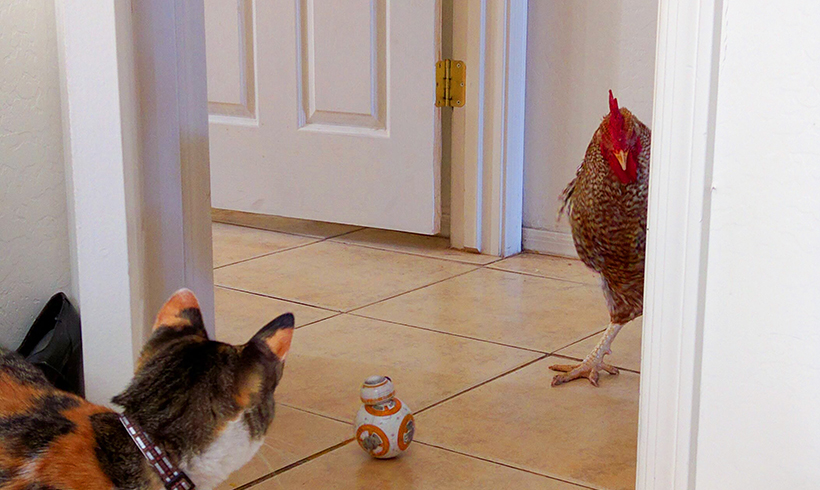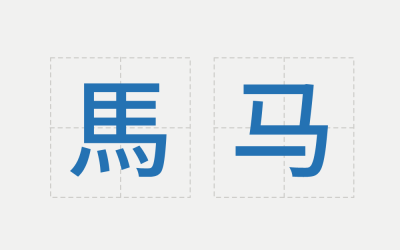People from different countries have their own favorite pet phrases. In fact, the use of pet phrases is closely related to a country’s traditional culture and some typical social phenomena which can be observed in this country. In this article, you will find out the top 5 pet phrases used by young people in China.

1. 我不知道 (wǒ bù zhī dào) = I don’t know
This pet phrase is now often used by young people in China. This is probably one of the reasons why the old generation describes them as “energetic but insolent”. The Chinese economy is growing rapidly. So people working in fast-pace environments have little time left to worry about or show interest in matters other than their own issues. In many cases, the best way to deal with it is to let other people know that you have no idea about what they are interested in finding out.

2. 你有病啊 (nǐ yǒu bìng a) = You got a problem?
The original meaning of this phrase is “Are you ill?”. It can be used when you have encountered something unexpected (usually caused by your peers or friends) that makes you angry. The popularity of this phrase can be explained by the fact that a lot of young people in China are faced with huge pressure at work. Therefore they’re sensitive to anything that could cause unpleasant consequences. However, this phrase sounds a bit rude in that only impetuous people use it on a regular basis.
3. 随便 (suí biàn) = whatever
Many Chinese people believe that this word is what can make life easier. Especially if you are in a love relationship. For instance, instead of making a fuss about where to go for dinner, it would be much easier to let your partner decide everything. Therefore, it is often used by “non-picky party-goers” when they are asked to make a choice.

4. 好吧 (hǎo ba) = fine
This word is originally used in situations where you agree to do something against your will. Nowadays it can be often heard when a person can’t be bothered to make any comments on a statement or a problem. However, using it regularly can more or less tarnish your reputation in that people may consider you to be insincere.

5. 我太难了 (wǒ tài nán le) = It’s so hard for me
One of the potential consequences that could be caused by a high-stress working environment is that people tend to complain about whatever makes them feel frustrated. That is exactly what many Chinese people are constantly experiencing in their daily lives. Consequently, this phrase is considered the “right choice” to deal with setbacks.










0 Comments